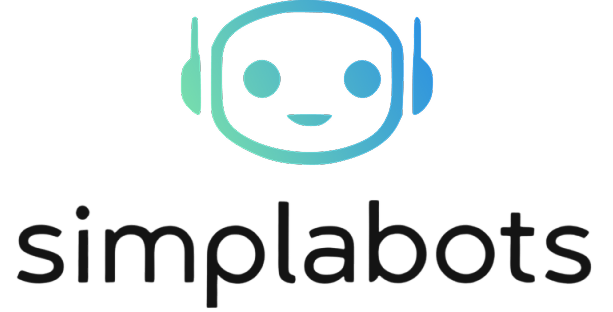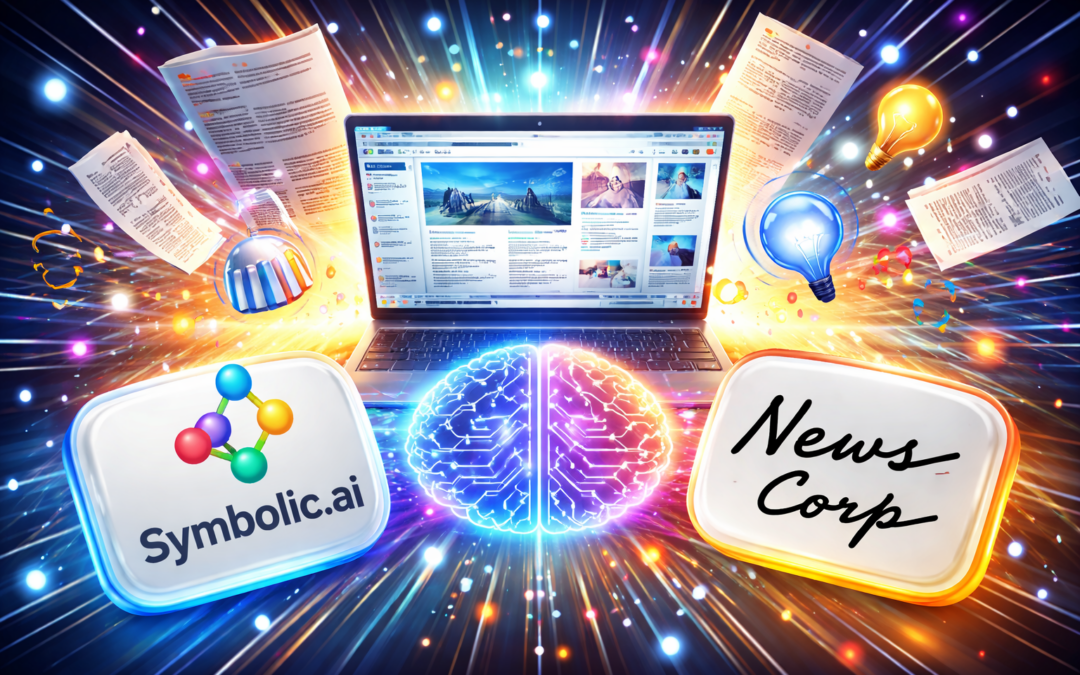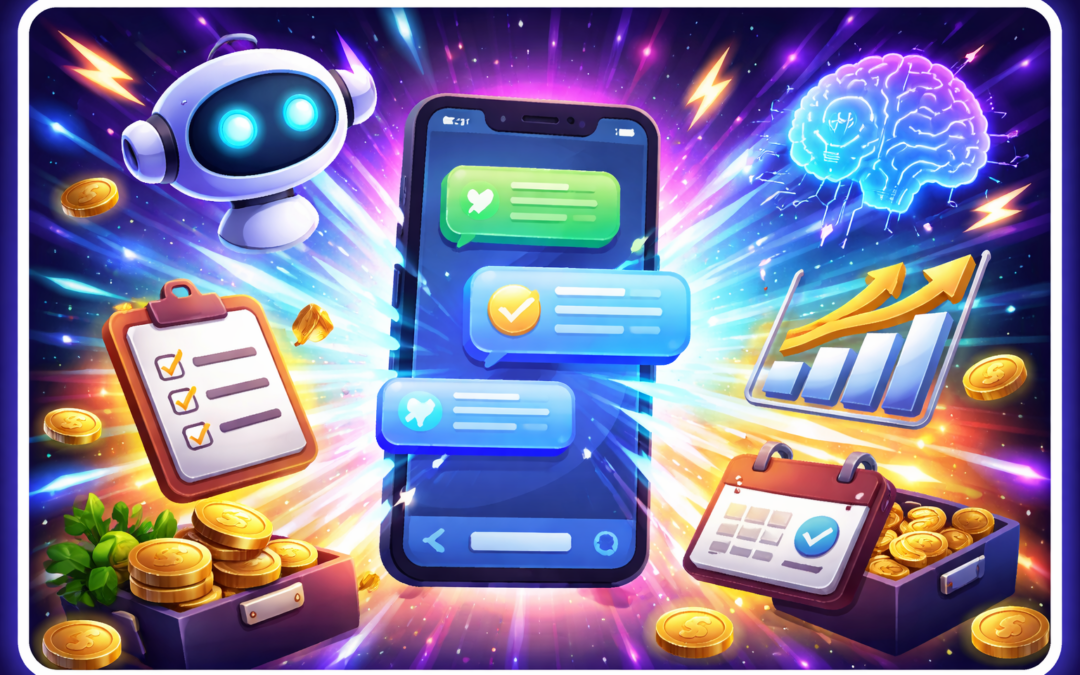AI-powered tutors are transforming elementary education as startups like Super Teacher lead innovation in adaptive learning platforms.
As generative AI rapidly evolves, schools and developers face new opportunities and ethical challenges in deploying large language models (LLMs) for personalized classroom support.
Key Takeaways
- Super Teacher is developing an AI tutor tailored for elementary schools, focusing on curriculum alignment and interactivity.
- Major education tech investors see growing confidence in generative AI’s role in advancing learning outcomes.
- Real classroom deployments highlight both improved engagement and the need for strong data privacy protocols.
- AI professionals and startups must navigate regulatory concerns and demonstrate measurable impact to succeed in the education sector.
Super Teacher: Bringing Generative AI into Real Classrooms
Super Teacher—a startup showcased at Disrupt 2025—has engineered an AI-driven tutoring system specifically for young learners. Unlike generic AI chatbots, its platform tightly integrates with school curricula, guiding students through interactive lessons and adaptive feedback.
Education leaders recognize the company’s focus on aligning with educators’ real-world needs, allowing teachers to track individual progress.
Generative AI is no longer a futuristic tool: it’s already enhancing learning for students in elementary schools today.
According to education technology analysts at EdSurge, AI tutors like Super Teacher are part of a broader trend where adaptive learning platforms analyze student responses in real time and personalize instruction accordingly.
This enables schools to tackle gaps in foundational subjects such as reading and math, assuming proper teacher oversight.
Opportunities and Challenges for Developers
Developers working on AI in education must address classroom-specific demands: alignment with local curricula, real-time feedback, and interfaces suitable for young students.
Super Teacher’s approach of embedding teachers in product development cycles resonates with investors and educators looking for practical, ethical AI solutions.
Startups in AI education face increasing scrutiny over data privacy, model bias, and transparency as regulatory guidance evolves rapidly.
According to The Verge and recent coverage by Education Week, public school pilots have highlighted the importance of robust privacy safeguards and model explainability.
Developers need to anticipate audits, implement clear data retention rules, and ensure compliance with children’s online safety regulations.
Implications for Startups and AI Professionals
Startups aiming for growth in the education sector increasingly link their generative AI tools with verifiable learning improvements. Demonstrating alignment with teachers—rather than replacing them—has proven critical for market acceptance.
Strong interest from leading VC firms and district buyers reflects confidence in AI’s role, provided transparent best practices and measurable impact.
AI professionals must bridge technical innovation with practical deployment, balancing personalized learning benefits with security and privacy obligations.
Looking ahead, the most successful generative AI initiatives in education will likely be those that transparently address bias, monitor for misuse, and meaningfully empower educators—turning ambitious LLM research into responsible, classroom-ready reality.
Source: TechCrunch











